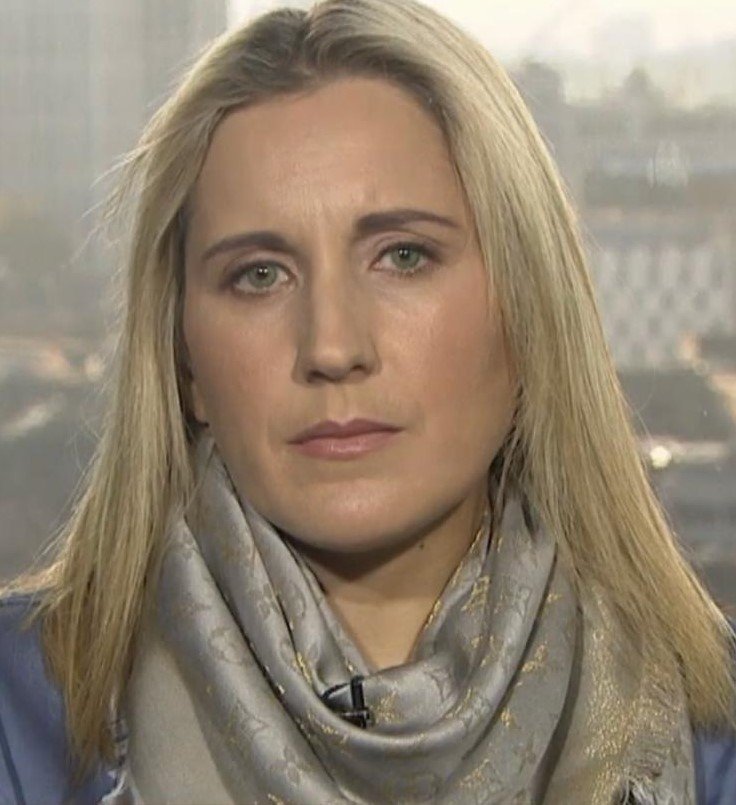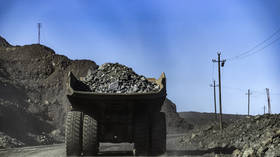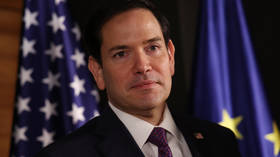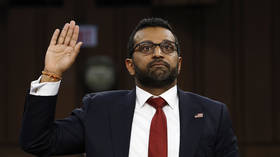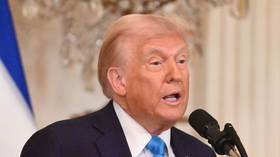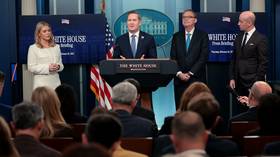US military campaign in Syria - What agenda is Washington serving this time?
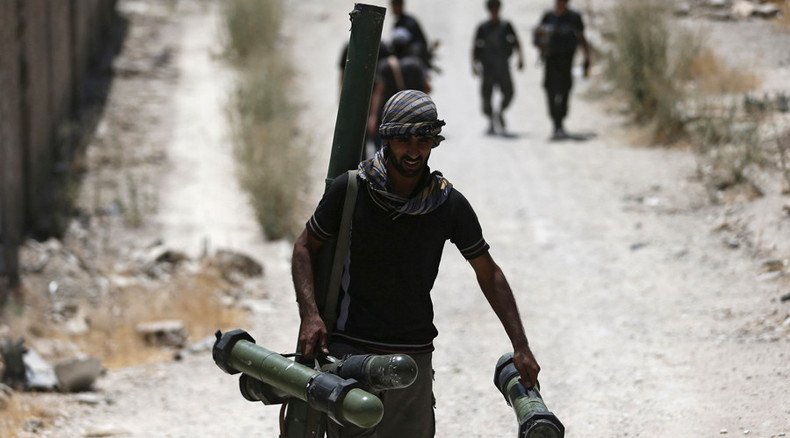
The US and Turkey have come to a tentative agreement in Syria, whereby Ankara is opening its territories to American troops in an attempt to defeat terror. Or is it that terror needs military backing to depose Syrian President Bashar Assad? It is difficult to tell these days.
America's neocons simply will not tolerate peace to drive the global narrative! As the ink has been left to dry on the much-awaited and let's just say it, the most significant political agreement of this decade, if not the century – the Iran nuclear agreement - Washington announced it would actively engage its military in Syria. It is almost as if America had to have at least one war going this summer for its hawks to be assuaged.
The designated target? Islamic State (IS, formerly ISIS/ISIL) militants and IS positions in Syria of course, or so US officials say. As most already know, in Washington saying something and actually meaning what one says are two very different things. If modern American history has taught the world anything, it is that when it comes to rationalizing military-led expansionism in the Middle East, US politicians are kings.
Churkin calls for chemical weapon culprits in Syria to be identified http://t.co/0IG5GWgOAe
— Ruptly (@Ruptly) August 8, 2015A nation in a perpetual state of war, America clearly felt that one peace had to be traded for yet another war, yet another heavily militarized incursion into the Middle East, yet another attempt at re-engineering the region's geopolitical and ethno-social dynamics - all under the convenient pretext of the war on terror.
Thank God for that, otherwise the US would simply be the world's greatest oppressor!
So, as of late July, Turkey has graciously agreed to open its skies and borders to the US military, acting as a launchpad for airstrikes against "enemy" targets in Syria. A US military official described the move as "a big deal" in comments to the Wall Street Journal. And while indeed it may be, it does not mean that Islamic State will suffer for it.
For all its political posing and lip-service against Wahhabi-inspired radicalism, it is difficult to get over the fact that Turkey has long been linked and accused of enabling, supporting and training IS militants in view of manifesting a regime change in Syria. In July 2014, Breitbart ran an article whose title read: "ISIS fighters claim Turkey funds the Jihadist group." In it, an IS militant went on to describe Turkey's contribution to the "movement."
In November 2014, Barney Guiton wrote a report for Newsweek, which pretty much nailed Ankara's two-pronged agenda in Syria. He wrote: "A former member of ISIS has revealed the extent to which the cooperation of the Turkish military allows the terrorist group, who now control large parts of Iraq and Syria, to travel through Turkish territory to reinforce fighters battling Kurdish forces."
It was never just about getting rid of Syrian President Bashar Assad for Turkish President Recep Erdogan, it also has been about quelling and sabotaging Kurdistan's national aspirations.
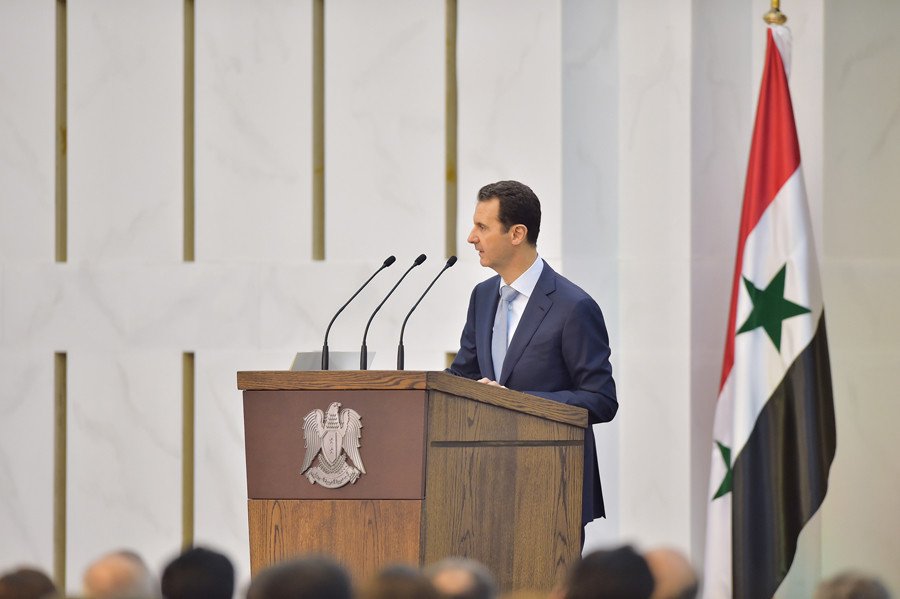
Political analyst Yerevan Saeed summarized the situation correctly when he asserted: "The Turkish aim is to eventually abort the emergence of another autonomous Kurdish entity, similar to the autonomous Kurdistan Region of Iraq."
And indeed, it seems Kurdish fighters have made a habit of occupying what Turkey alleges to be identified IS targets, leading Ankara to increasingly target YPG bases and not so much Islamic State's. In a statement in late July, the Kurdish People’s Protection Units (YPG) said Turkish tanks hit its positions and those of allied Arab rebels in the village of Zur Maghar in Aleppo province, Syria. Ankara of course was quick to deny any wrongdoing.
Turkey only seeks "to neutralize threats to its national security." Interesting choice of words for Turkish officials, since they are eerily reminiscent of George W Bush's war cries in 2001 on the eve of the Afghanistan invasion. But that's a story for another day!
As far as Washington is concerned and despite US officials' political affinities with Erbil, Kurdistan is the price which had to be paid for America's Syrian ambitions. The "brave defenders [Peshmerga and YPG]" as US State Department spokesperson Jen Psaki called them, have now been cast as obsolete political pawns.
But the real question here is what does Washington want with Syria?
Not to upset anyone, Washington wants what it wanted all along: the demise of President Assad at whatever cost, even if it means raising a terror hydra to do the job. And while the US might have been forced to change some of its political positions and vary its approaches in the region, the underlying narrative, the central ambition, has remained constant - divide, socially fracture, incrementally invade and finally overrun completely and absolutely.
In a memo, the Brookings offers an interesting insight into America's policy in Syria. While identifying how best to rid the world of President Assad, the research read: "An alternative is for diplomatic efforts to focus first on how to end the violence and how to gain humanitarian access, as is being done under Annan’s leadership. This may lead to the creation of safe-havens and humanitarian corridors, which would have to be backed by limited military power. This would, of course, fall short of US goals for Syria and could preserve Assad in power. From that starting point, however, it is possible that a broad coalition with the appropriate international mandate could add further coercive action to its efforts." That was back in 2012!
Of course, it is likely the US will continue to rationalize its interventionism narrative as necessary in the face of IS advances in Syria. But then again, isn't it true - to some extent at least - that the US have exploited so called "moderate Islamists" against Damascus, de facto positioning Washington as an accessory to terror?
In this context how can we, the public, trust anything US officials say vis-à-vis the war on terror, let alone who its army is really targeting in Syria?
The statements, views and opinions expressed in this column are solely those of the author and do not necessarily represent those of RT.
LISTEN MORE:
The statements, views and opinions expressed in this column are solely those of the author and do not necessarily represent those of RT.
